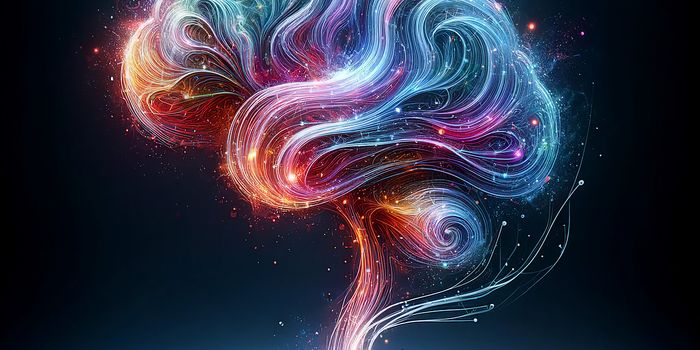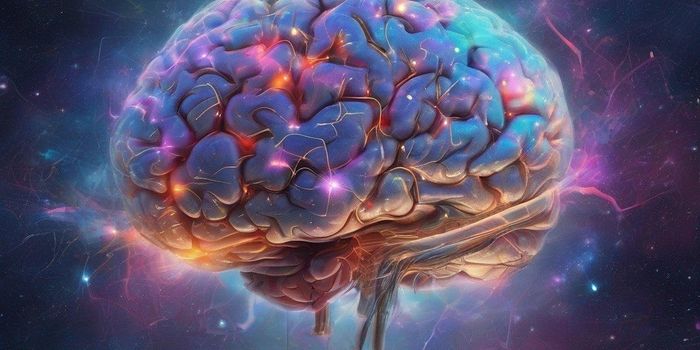Blood-Pressure Medications Lower The Risk of Depression
Do commonly prescribed blood pressure medications increase the risk of depression? The answer is No—according to an evaluation of 41 most common high blood pressure medications categorized in 4 main groups: angiotensin agents (angiotensin converting enzyme inhibitors, ACE inhibitors and angiotensin II receptor blockers, or ARBs); calcium antagonists; beta-blockers; and diuretics.
Findings were carried from Denmark and published in Hypertension, an American Heart Association journal.
"It was highly surprising that none of the 41 most-used anti-hypertensives was associated with increased risk of developing depression and that some within each of the three classes of anti-hypertensives showed protective effects against depression," said Lars Vedel Kessing, M.D., D.M.Sc., lead author of the study and professor of psychiatry at the Psychiatric Center Copenhagen and the University of Copenhagen, Faculty of Health and Medical Sciences in Denmark.
The study was motivated by the noted association of depression in patients with high blood pressure (also called hypertension).
Although none of the medications increased the risk of depression, some did lower the risk.
"It is possible that the mechanism involved in decreasing the risk of depression is the anti-inflammatory effect among these nine medications," Kessing continued. "In the future, it will be important to compare the inflammatory properties of these nine hypertensives that lowered depression risk.”
Learn more about high-blood pressure:
"Our study's findings could help guide prescriptions for patients with high blood pressure who are at risk of developing depression, those with prior depression or anxiety, and patients with a family history of depression," said Kessing. "However, if a patient is doing well with their current blood pressure prescription, there is no reason to switch. If depression develops, a medication switch may be considered to one of the nine anti-hypertensive medications that lowered depression risk."
Source: Science Daily









